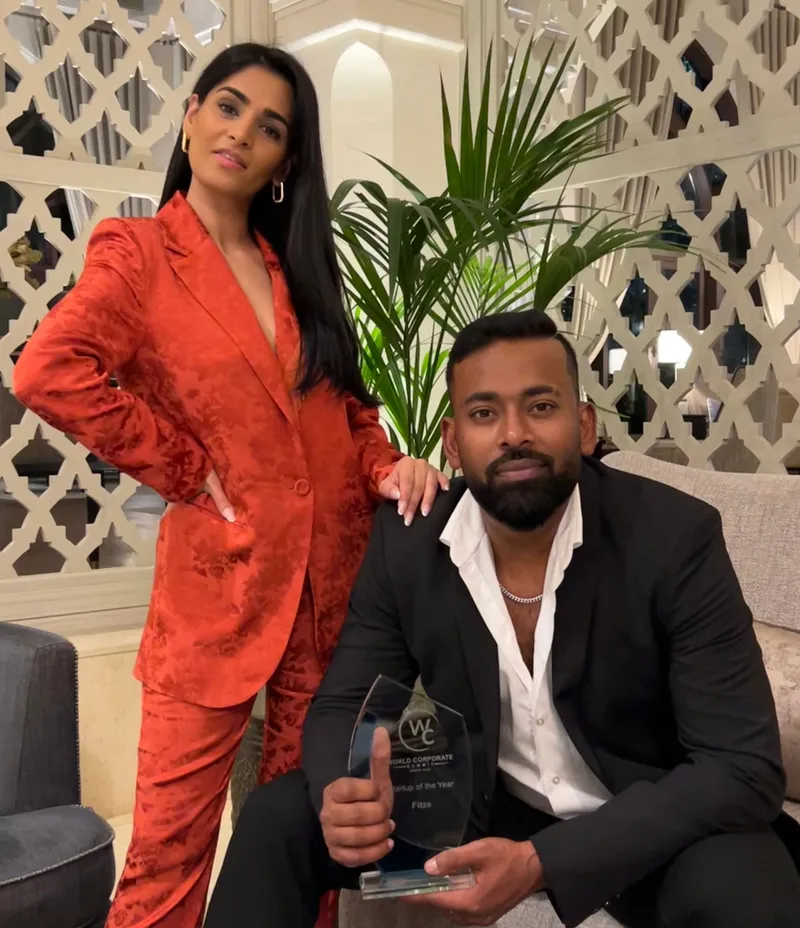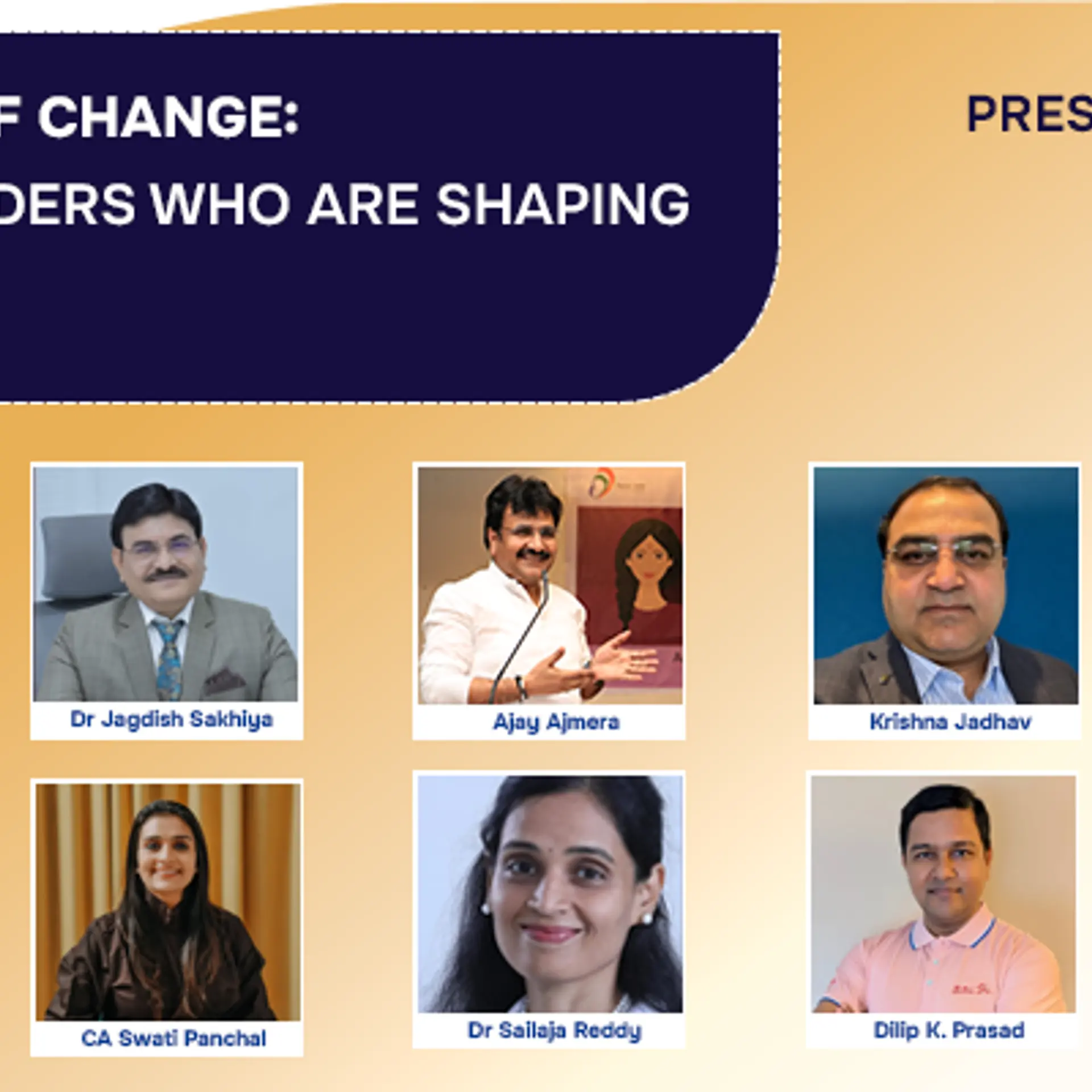How Dubai-based Fitze went from zero to over 100,000 users
Fitze is an app that rewards people with coins for the steps that they take which can be redeemed for discounts. It is now looking to build Fitze Pro and Fitze Shop, a gamified version of its popular app.
Key Takeaways
Fitze is an app where users can earn rewards for the steps they take
According to a Ken Research report, the UAE fitness market is expected to reach over $600 million by 2025.
It is now looking at a D2C foray, beginning with Fitze Shop and Pro a gamified version of its current app.
While Neha and Ben Samuel are seen as founders of Dubai-based fitness platform today—with over 100,000 users, having raised $1.5 million in funding, this entrepreneurial journey didn’t start off quite as rosy.
When the Samuels first moved to Dubai shortly after getting married, they were still working on their full-time jobs. In 2015, they took the first leap and set up Fit on Click—a marketplace for gyms and trainers in Dubai.
Nearly six months into operations, they ran into their first obstacle—a lack of revenue. To the Samuels, this meant revisiting entrepreneurship altogether and moving back to India to pursue full-time jobs. “We worked on the project on the side, but we put in all of our earnings for the company,” Neha recalls.
While Neha made plans to move back to Mumbai, her husband was still looking for other options. But fate had other plans, the duo were able to find some breathing room.

Neha Samuel and Ben Samuel
That decision paid off. “In 2022, one of the biggest achievements was that the government selected us for the Dubai Fitness Challenge. We were the official app partner, and several brands like Ultra Human used us for their activation programme,” Neha Samuel tells YS Gulf.
On Fitze, users get rewards for the steps that they take and is compatible with most health-related apps like Apple Health, Google Fit, Huawei Fit. These steps are converted to coins which can be redeemed for discounts. to Fitze coins or points.
Fitze built on its growth journey through Venture Lab—a Venture Builder programme launched last year by Modus Capital and Hub71.
"Fitze operates in an industry that is growing at a fast rate globally, but still remains underserved in the emerging economies," says Sumit Mehta, Managing Director, Arrow Capital.
"We see Fitze as a powerful tool for the healthcare system in these markets to motivate residents to be more active," he added.
Starting over in the entrepreneurship path
“The next morning was different,” Ben recalls as he talks about his journey on starting over. “We went to an entrepreneurship summit, and ended up meeting Phaninder Sama, Founder of Redbus,” recollects Ben.
Eventually, both Neha and Ben were able to zero-in on the problem with Fit on Click. For the first few months, the company burned cash while selling packages that earned them only a small amount of interest. For instance, if it sold a $27 package (AED 100) it only got 5% interest.
After deliberating and taking a leap from their discussion with Sama, they decided to rebuild Fit on Click—now as a bridge between corporates and other players like gyms and trainers.
From aggregators, the team became a supplier for trainers, gyms, fitness centres. As an aggregator, the platform already had onboarded over 700 gyms and 800 trainers. Ben was able to clinch a meeting with the head of HR of Dubai Media city, and started with a one month package. Eventually landing on its biggest pull—corporate tournaments.
“When I would go to an HR and pitch basic employee engagement programme, it had a longer waiting time, but the minute I said tournaments or matches, the concept was picked up easily,” explains Ben.
As the business grew, Fit on Click onboarded other government agencies and organisations. In some ways, the companies that participated in the tournaments acted as the initial sales funnel as it began setting up fitness-related events for employees and companies.
Through one such tournament, it onboarded Dubai Islamic Bank. The group CEO was participating in one of the tournaments, and he asked Fit on Click if it could replicate this for their employees.
“He signed a cheque of $16,3359 (AED 600,000) for over 5000 employees. This changed the dynamics, and they continued $272,264 (AED 1 million) the following year. By 2019 the team was doing well and had onboarded over 200 companies,” says Neha.
But then the pandemic hit. In February 2020 it made $680,661 (AED 2.5 million) and then in March that went to 0. Orders got cancelled, but in some ways, it was some much needed acceleration to focus on a digital-first product.
Market and Future plans
Eventually, this would come to Fitze. Using its existing corporate connections, the team first built the MVP and tested its working with a few of their clients, before opening up the app to corporates. While it first underwent challenges on the app for different corporate clients, the app itself gets revenue from these corporate clients and brands. Today about 60% of its business comes from digital while 40% of its revenue comes from offline.
Fitze faces competition from startups like Steppi in the region, besides several fitness apps like Impulse, Wearfit Pro, and BetterMe, among others.
According to a Ken Research report, the UAE fitness market is expected to reach over $600 million by 2025. Further, the market for online fitness is predicted to touch $36.5 million by 2025.
The team has now opened the app even for consumers. For business-to-consumer (B2C) revenue the team is looking at a subscription model. In the works is Fitze Shop and Pro—a gamification of the app where instead of using the voucher code to buy the product from another platform, the user can purchase things within Fitze.
"Their monetisation and gamification model could become a total game changer for the fitness industry in this region," said Mehta.
(Disclaimer: This story has been updated with a quote from an investor, correct factual errors and typos, and remove some confidential data as requested by the investor.)
For any press related queries or to share your press releases, write to us at
gulf@yourstory.com.
Edited by Akanksha Sarma







